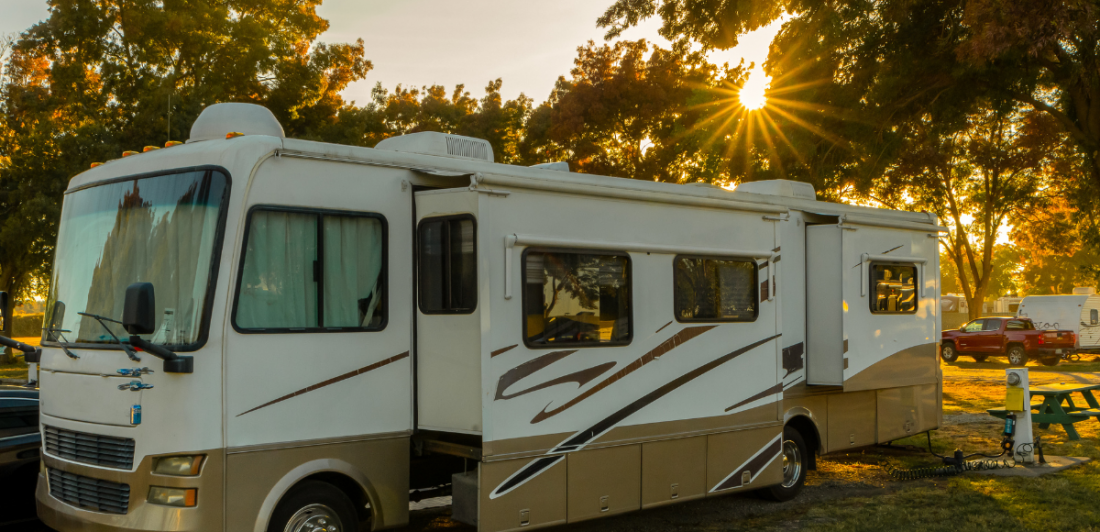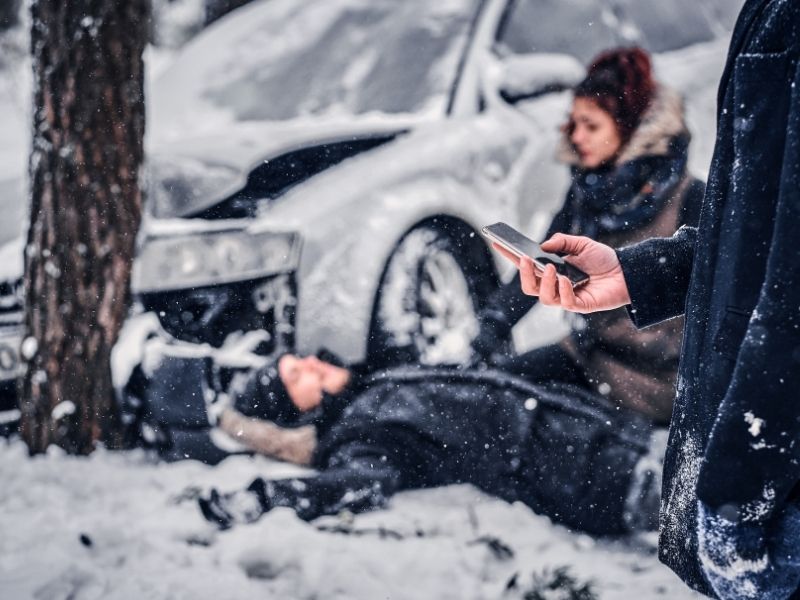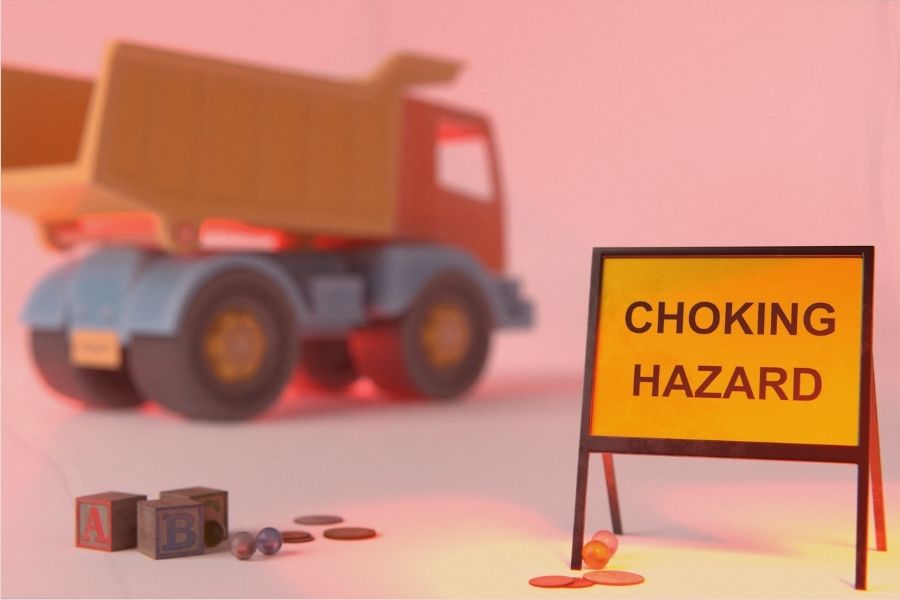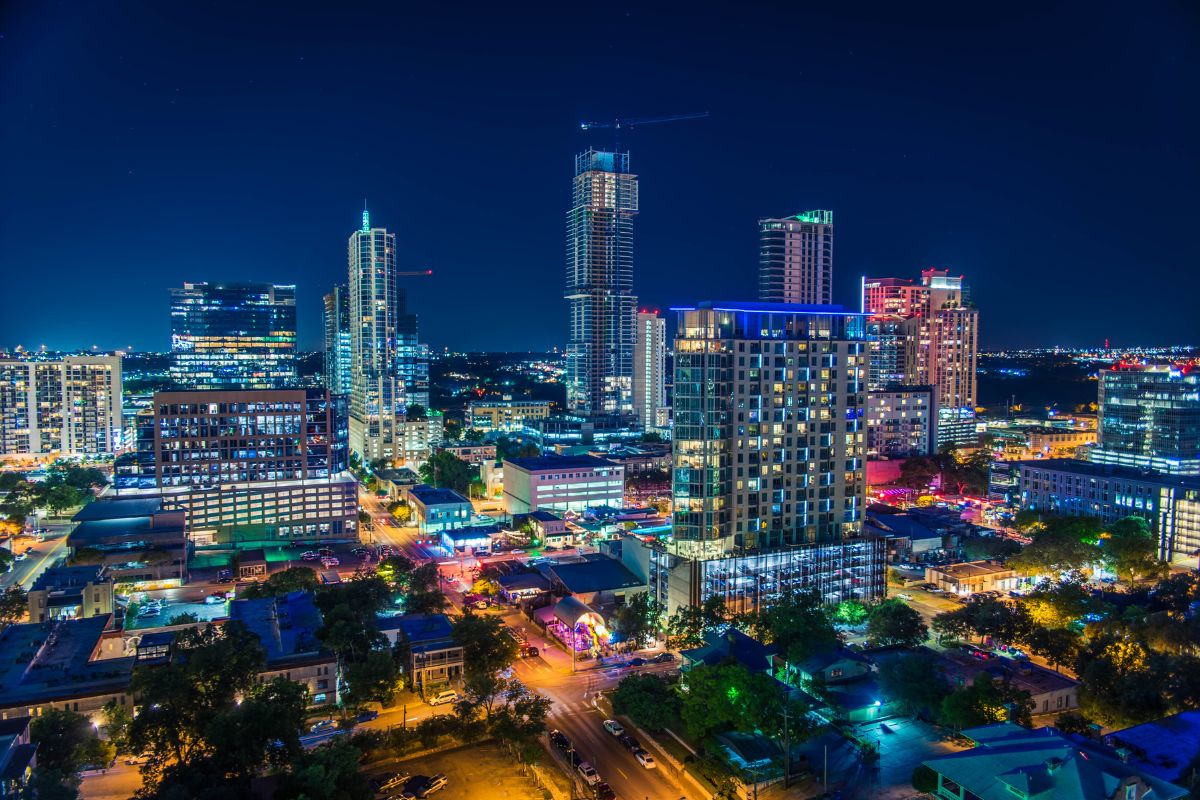RVs are more than just vehicles—they're part car, part home, and sometimes even a place of business. With their larger size and many amenities, RVs are ideal vehicles for all kinds of travel. Unfortunately, these same factors often contribute to RV accidents. Whether an RV is personally owned, rented for a family trip, or used commercially, how the vehicle is classified and insured plays a huge role in determining who is responsible for damages and injuries.
If you've been involved in an RV accident, understanding the factors that affect liability is key to protecting your rights—and your recovery.
RVs Come in All Shapes, Sizes, and Uses
Recreational Vehicles (RVs) aren’t just your typical weekend camping vehicles. Due to their wide variety in shape and size, people use them for many different purposes. For example, a lot of people live in RVs full-time, while others use them as mobile offices or as a means of traveling cross-country with pets, family members, or business equipment. There are several types of RVs, including:
- Class A Motorhomes
- Class C Motorhomes
- Travel Trailers
- Fifth Wheels
- Pop-Up Campers
- Teardrop Trailers
- Toy Haulers
Each type of RV has different weight classifications, handling requirements, and sometimes even licensing standards for operation. What they all have in common, however, is that they are generally much larger and heavier than passenger vehicles—meaning they can cause significantly more damage and more serious injuries in a crash.
Who Can Be Held Liable in an RV Accident?
If you’ve been injured in an RV accident, you may be wondering: who’s responsible? The answer to that question will depend on the situation, but, in general, there are several parties who can potentially be held liable in the event of an RV accident.
- The RV Driver – If the driver was speeding, distracted, under the influence, or otherwise negligent, they could be liable.
- The RV Owner – When the driver is not the owner, the person or company that owns the RV may be partially or fully responsible.
- Rental Companies – An RV rental company may be held responsible, especially if they failed to maintain the vehicle or allowed an unqualified person to rent it.
- Manufacturers or Dealers – In cases where the accident was caused by a defective part or mechanical failure, the manufacturer or dealer of the RV could be liable.
- Other Motorists – If another vehicle on the road caused or contributed to the crash, other parties could be held responsible.
Each scenario requires a thorough investigation to identify all responsible parties and applicable insurance coverage. RV accident claims are often complex, which is why it’s a good idea to seek out the help of an attorney if you’ve been injured in an RV crash.
RV Use: Personal, Rental, and Commercial
A key factor in determining liability and pursuing compensation is understanding the nature of the RV's use at the time of the accident. In other words, was the RV personally owned, rented, or being used commercially? Each situation presents unique circumstances and challenges in deciding who is responsible and holding them accountable for their negligence.
Privately Owned RVs
If the RV belongs to the driver and is used for personal travel, it may be covered under a personal auto insurance policy—but not always. Many RVs require their own policy or an endorsement added to an existing auto plan. Some common problems include:
- Inadequate coverage for passengers or personal items
- No underinsured/uninsured motorist protection
- Limits that don’t account for the full value of the RV or attached equipment
Rented RVs
Rental RVs come with their own set of challenges. Many renters assume their personal car insurance will cover them, but in reality, that’s often not the case. Options for coverage may include:
- Policies offered by the rental company
- Credit card protections (limited and conditional)
- Supplemental Liability Insurance (SLI)
Still, gaps can easily arise between the rental agreement and the renter’s personal auto policy. If a crash occurs, liability may fall on the renter, the rental company, or both, depending on factors like vehicle maintenance and driver qualifications.
Commercial Use RVs
RVs used for business purposes—such as mobile grooming vans, branded promotional vehicles, or transportation—must carry commercial vehicle insurance. Personal policies generally exclude coverage for business-related activities.
Claims involving commercial-use RVs are often more severe due to the vehicle’s size and its function. In addition, they usually involve multiple policies, employees, and sometimes even third-party contractors.
Common RV Insurance Coverage Gaps
Insurance is one of the most confusing parts of any RV claim. The policies involved can be a patchwork of coverages that vary by owner, state, vehicle type, and use. Here are some common coverage gaps for RVs:
- Missing underinsured/uninsured motorist (UIM) coverage – This type of insurance provides coverage in the case that the at-fault driver has little or no coverage. It’s always a good idea to have proper UIM coverage in case an uninsured driver causes a collision.
- Improper vehicle classification – Using a personal policy for business use can result in denied claims. Be sure your insurance coverage is adequate for your RV use, whether it is personal or commercial.
- Interior property damage – Auto policies often don’t cover personal belongings inside the RV. Additional coverage should be purchased if you need to protect precious cargo.
If you're unsure what your policy does or doesn't cover, a personal injury attorney can help review the fine print and identify any potential for additional compensation through overlapping or third-party policies.
Why Are RV Claims So Complex?
Auto accident claims are often complicated, but RV accident claims can be especially tricky due to several factors, such as:
- Multiple drivers and vehicles
- Out-of-state laws (if the crash happens during a road trip)
- Insurance carriers disputing who's responsible
- Delays in damage assessments due to vehicle complexity
- Policy exclusions buried in fine print
- Ambiguities in rental agreements
- Manufacturing defects that aren’t immediately obvious
- Adjusters undervaluing unique losses like RV interiors or custom equipment
The complexity of these cases is exactly why it’s so important to seek legal help early. An experienced attorney can help gather evidence, assess liability, negotiate with insurers, and ensure you're not left footing the bill for someone else’s negligence.
The Carlson Law Firm Can Help
RVs bring adventure—but they also bring legal complications when things go wrong. Whether the RV was owned, rented, or used commercially, liability and coverage can shift dramatically based on how that vehicle was being used. Fortunately, the right legal team can help you cut through the confusion and fight for what you’re owed.
If you or a loved one was injured in an RV accident, contact The Carlson Law Firm for a free consultation. Our caring and compassionate auto accident lawyers will help you understand your rights, hold negligent parties accountable, and get the compensation you deserve. We care. We can help.




